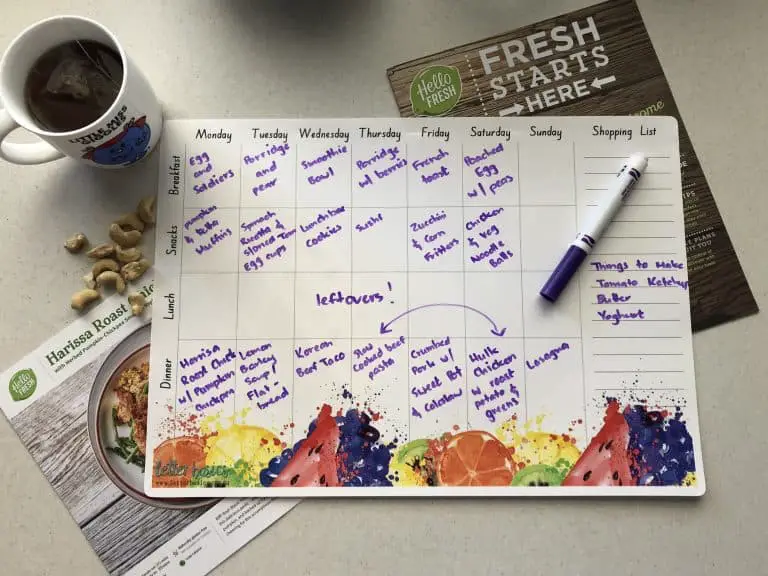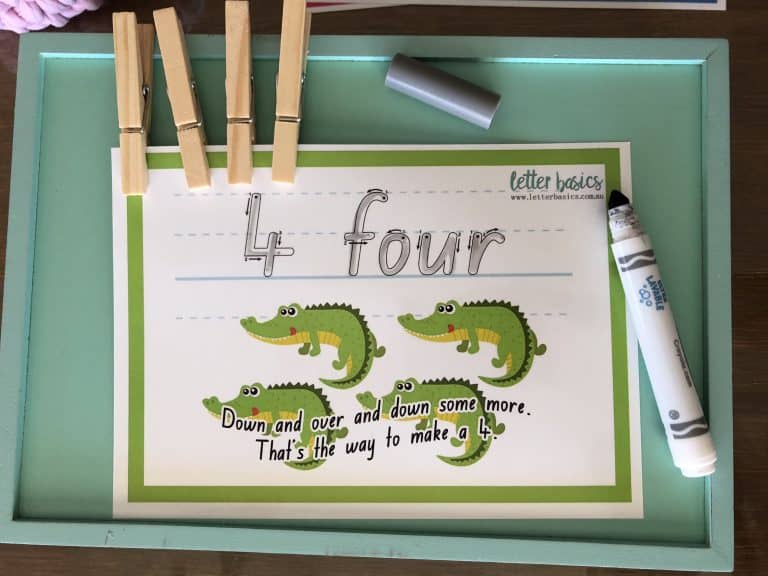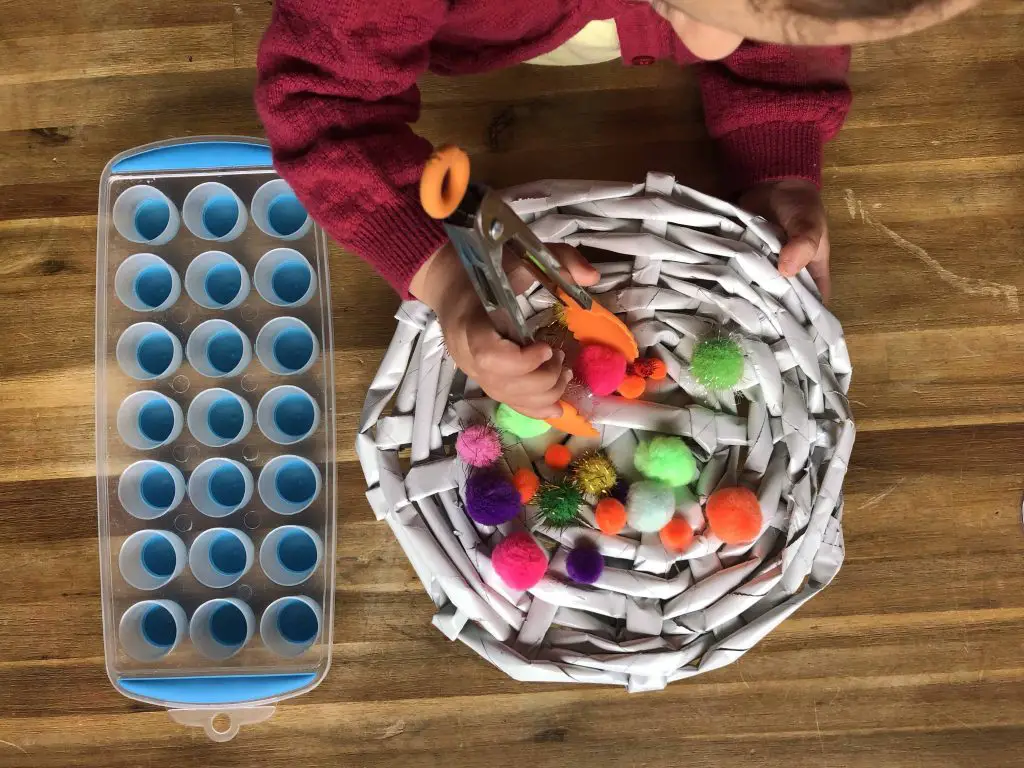Clever Ways To Encourage Kids To Play Outside
Disclosure: This blog contains affiliate links which I may earn a small commission from if you purchase through them, at no extra cost to you.
When children play outdoors, the benefits are unlimited.
Unstructured play outside is as crucial to a child’s development as healthy eating and plenty of sleep.
When outdoors, most kids are physically active and adventurous, not to mention social. Playing in nature will improve your child’s mood and soothe stress, as well as provide vitamin D and fresh air.
However, as any parent with wifi would tell you, convincing children to ditch their screens and embrace Mother Nature is easier said than done. With that in mind, here are ten ways to encourage outdoor play.
Disclaimer: This is a collaborated post and may contain affiliate links

Clever Ways To Encourage Kids To Play Outside
Phone A School Friend
Children are typically more willing to play outdoors when they’re with other kids. This means that inviting a school friend or neighbour over to play could be the motivation that your little one needs. If you’re unable to supervise the children, you could even hire a babysitter to help. Alternatively, you could team up with other parents and take turns supervising one another’s children. After a playdate in your garden, the mum of your child’s school friend could take the kids to the park.
Turn Off The Television
Experts recommend that no child should spend more than two hours playing video games or watching television each day. Sadly, most kids are allowed much more screen time. When your little one is lounging on the couch, they’re essentially wasting hours they could otherwise spend in the great outdoors. That is why you must limit your children’s screen time, preferably to no more than the suggested two hours. Any extra time they have then can be spent playing outside.
Gear Up The Garden
A child won’t want to play outside unless there is something interesting to do. Thankfully, just a few outdoor toys are usually enough to entice kids away from the television. Children can have fun with almost anything but are instantly drawn in by toys with water. Because of this, you should consider getting water guns or an inflatable water slide. If you have a pool in the garden, inflatable or otherwise, you must make sure that your children are supervised when playing in it.
Bring The Indoors Out
Changing venues can make the ordinary a little more fun. By taking toys that your children usually enjoy playing inside outdoors, you encourage them to play with those toys in new ways. There are countless other activities you could move to the garden, including board games, meals, and even homework. As long as there is seating for those activities, the possibilities are truly endless. Just being outside will eventually inspire your little one to get up and play actively.
Compete With Your Kids
Competition is an effective motivator, especially in children. If you challenge your child to a contest outdoors, they will likely oblige. There are many ways to compete with your children, from bicycle races to football games. You could even create a Whatsie obstacle course in the garden and race one another. Some parents prefer not to compete with their kids, in which case, you could ask your little one to help you learn something, such as a sport that they played at school.
Make Puppy Dog Eyes
Many animals, especially dogs, need outdoor exercise. Appealing to your child’s love for their furry friend could easily get them playing outside. You could ask your child to walk the pet, play fetch with them, or simply chase them around the garden. If you don’t have a dog, there are many other animals your child could play with outside. A fenced area or large outdoor enclosure would allow your children to take their pet rabbit, guinea pig, ferret, or hermit crab outside with them.
Work On Outdoor Chores
Involving children in household chores is essential to their development. Unless your kids are asked to wash the dishes, make the beds, or prepare meals, they won’t ever learn how to. Assigning your children outdoor chores will give them a reason to be outside. Pulling any weeds, hanging washing out, and walking the dog are all jobs you could delegate, depending on your kids’ ages. However, unless you make these chores fun, it could put off your children entirely.
Hunt For Buried Treasure
Few things are more exciting to children than treasure hunts. Kids will be up and outside in no time if they have an opportunity to win something fun, tasty, or shiny. Because of this, you should try setting up a treasure hunt of your own. There are a few ways you could go about doing this. Most people would go down the clues route and create riddles for their little ones to solve. If you don’t have time for this, then instead tell your kids when they’re getting closer or further away.
Explore Away From Home
Although the garden is certainly exciting, you must occasionally think beyond it. Rather than staying close to home, you could try taking your children to nearby natural landmarks or features. Botanical gardens, beaches, and nature parks are all new settings that your kids might enjoy. You could even consider visiting a local children’s farm. Not only would your little ones learn more about animals, but these attractions also offer great outdoor spaces for kids to explore.
Be A Good Example
Most children rarely listen to their parents. If mum or dad asks a little one to do something, they will usually look the other way. Kids instead learn by mimicking their parents’ behaviours and actions. That is why your children must see you enjoying the outside world too. Asking your kids to play outdoors, while you continue to watch television indoors won’t be effective at all. Instead, you must ask them to play outside with you and make an effort to get involved in all the fun.
Outdoor play is incredibly important to a child’s development. The benefits of unstructured play outside are endless, ranging from lower stress levels to better life skills. Television, video games, and other technology can make getting children outside difficult, but the tips above should be able to help.







